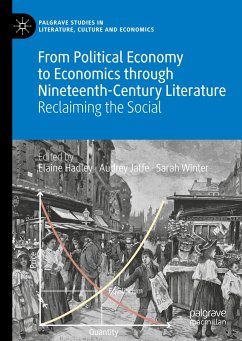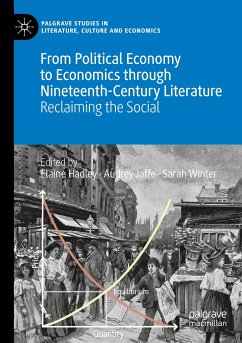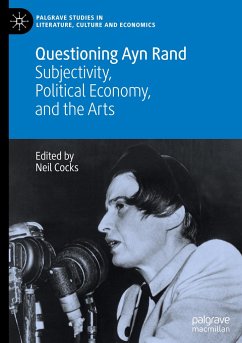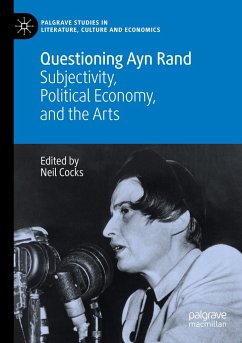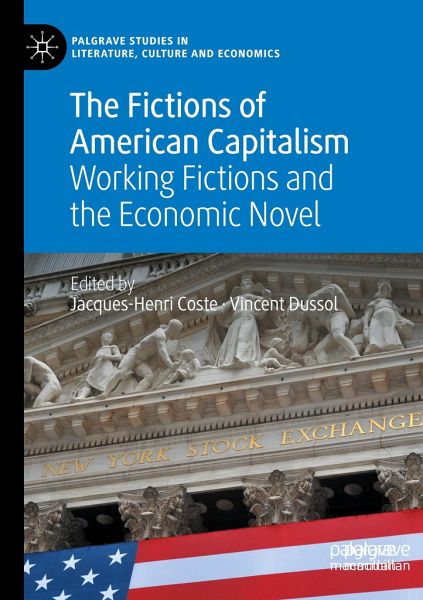
The Fictions of American Capitalism
Working Fictions and the Economic Novel
Herausgegeben: Coste, Jacques-Henri; Dussol, Vincent
Versandkostenfrei!
Versandfertig in 6-10 Tagen
128,39 €
inkl. MwSt.

PAYBACK Punkte
0 °P sammeln!
The Fictions of American Capitalism: Working Fictions and the Economic Novel introduces a new way of thinking about fiction in connection with capitalism, especially American capitalism. These essays demonstrate how fiction fulfills a major function of the American capitalist engine, presenting various formulations of American capitalism from the perspective of economists, social scientists, and literary critics. Focusing on three narratives-fictitious capital, working fictions, and the economic novel-the volume questions whether these three types of fiction can be linked under the sign of cap...
The Fictions of American Capitalism: Working Fictions and the Economic Novel introduces a new way of thinking about fiction in connection with capitalism, especially American capitalism. These essays demonstrate how fiction fulfills a major function of the American capitalist engine, presenting various formulations of American capitalism from the perspective of economists, social scientists, and literary critics. Focusing on three narratives-fictitious capital, working fictions, and the economic novel-the volume questions whether these three types of fiction can be linked under the sign of capitalism. This collection seeks to illustrate the American economy's dependence on fictitiousness, America's ideological fictions, and the nation's creative literary fiction. In relation to what the credit and banking crisis of 2007-2008 exposed about the "unreal" base of the economy, the volume concludes with a call to recognize the economic humanities, arguing that American fiction and American literary studies can provide a useful mirror for economists.




